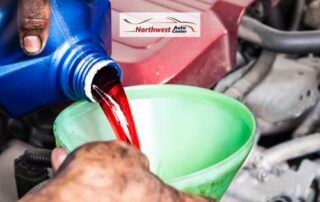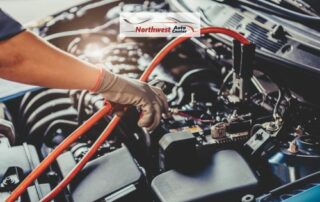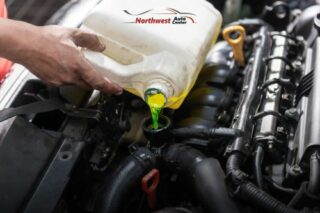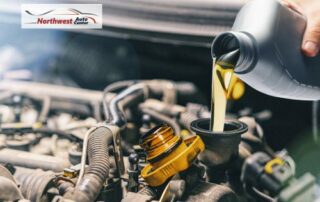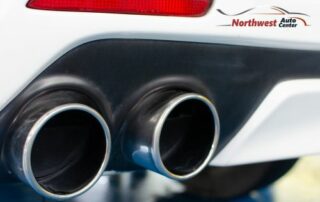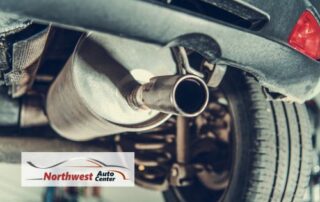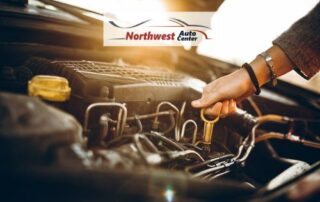How to Detect and Address Common Transmission Fluid Issues
It should come as no surprise that transmission fluid is required to keep your car's transmissions happy — and lubricated and cool. Over time, transmission fluid does degrade or even leak, leading to significant transmission issues if not addressed. It should once again come as no surprise that this is something you want to keep an eye out for. Better yet — prevent! What Is Transmission Fluid? Before diving into the issues, it's important to understand what transmission fluid does. In both automatic and manual transmissions, it plays a key role in ensuring smooth shifting of gears, reducing friction between the moving parts, and maintaining optimal operating temperatures. Without it, the transmission would overheat and would quickly fail. Transmission fluid comes in different types, depending on your vehicle's make and model. Always refer to your vehicle's owner manual for the specific type needed, as using the wrong kind can lead to poor performance and/or damage to the transmission. Detecting Transmission Fluid Leaks A transmission fluid leak is one of [...]

